Jose Maria Montiel es licenciado en Administración y dirección de empresas y graduado en Gestión Internacional de la Empresa. Actualmente reside y trabaja en los Emiratos Árabes Unidos.
El acontecimiento social conocido como “la primavera del 68”, fue un momento histórico que tuvo su origen en Francia y en el cual las clases oprimidas por un sistema capitalista injusto y desigual, se levantaron y protestaron masivamente en contra de la burguesía y del imperialismo. Aquel movimiento pacífico se extendió a otros países del mundo protagonizando una ola de protestas (especialmente por parte de la juventud) a nivel mundial.
Hoy en día, tras las revueltas en el mundo árabe – las cuales es necesario valorar en términos internacionales – parece ser que en España la población (hasta ahora dormida) ha empezado a despertar y reaccionar.
Durante estos días y a la vista de las próximas elecciones municipales del 22 de Mayo, están teniendo lugar en muchas ciudades de España históricas concentraciones y manifestaciones de miles de personas que exigen un cambio del sistema. Quizá la más representativa concentración es la que está teniendo lugar en Madrid, en la céntrica puerta del Sol, de manera continuada, una acampada multitudinaria que se prevé se mantenga hasta el día de las elecciones, al más estilo Plaza Tahrir de El Cairo. Continue reading

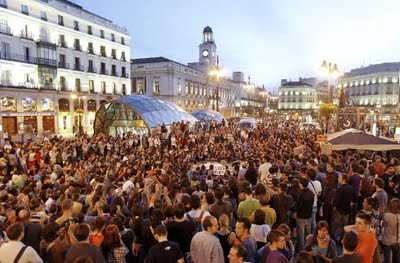
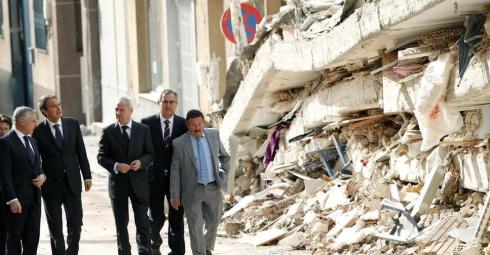
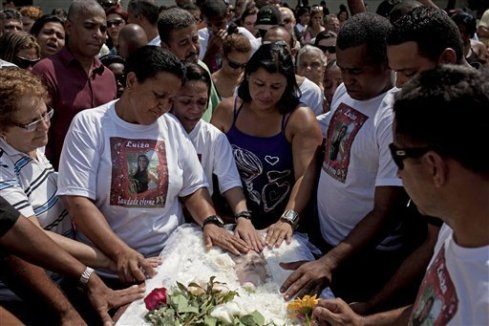



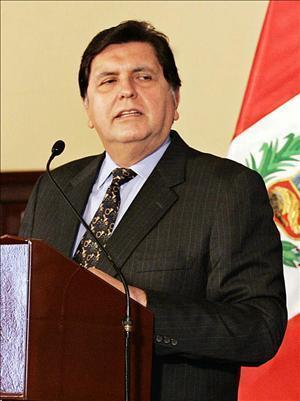
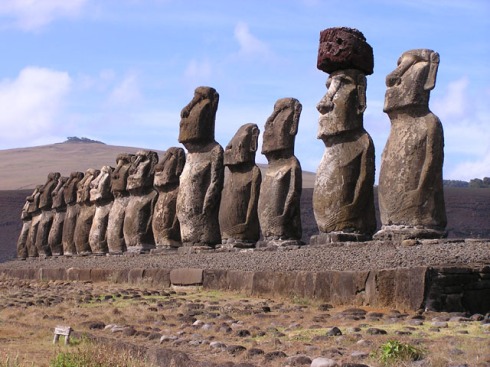

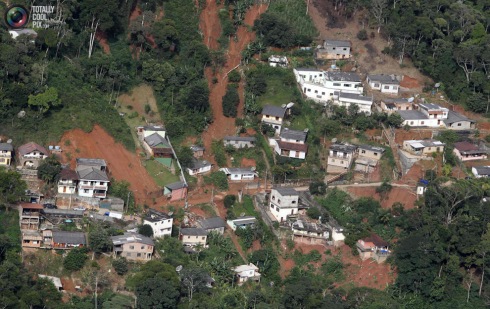
Backpacking in Chile- The Top 5 Highlights
3 OctFirstly, I must say, at the risk of sounding cheesy and predictable, that Chile is the most beautiful country I’ve ever visited. And that’s pretty much for one reason alone: The Andes. They’re enchanting, breathtaking, and pretty much omnipresent in Chile- just take a look at the map. The country is bordered by the Andes to the East forming a natural border with Argentina, legendary for its precarious mountain crosses, which claimed the lives of many Spanish conquistadores. If all goes to plan I’d like to return to South America to trek in the Andes and take in their beauty in Argentina and Peru also. The mountains have a spirit, echoed by the friendly people you meet all over Chile, and that sort of sentimental kindness is infectious- I’m surprised they haven’t tried to bag it! So, with the Andes as my absolute number 1 highlight, here are my real top 5 destinations I visited during my time backpacking in Chile, from Santiago to San Pedro de Atacama…
Stunning Andes
Continue reading →
Tags: Backpacking, Cajon de Maipo, Cerro San Cristobal, Cerro Santa Lucia, Chile, Gabriela Mistral, Geysers del Tatio, La Serena, Pablo Neruda, San Pedro de Atacama, Santiago, Valle del Elqui, Valparaiso, Valpo